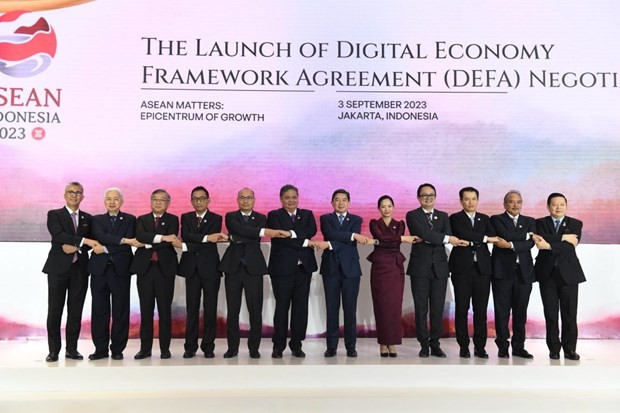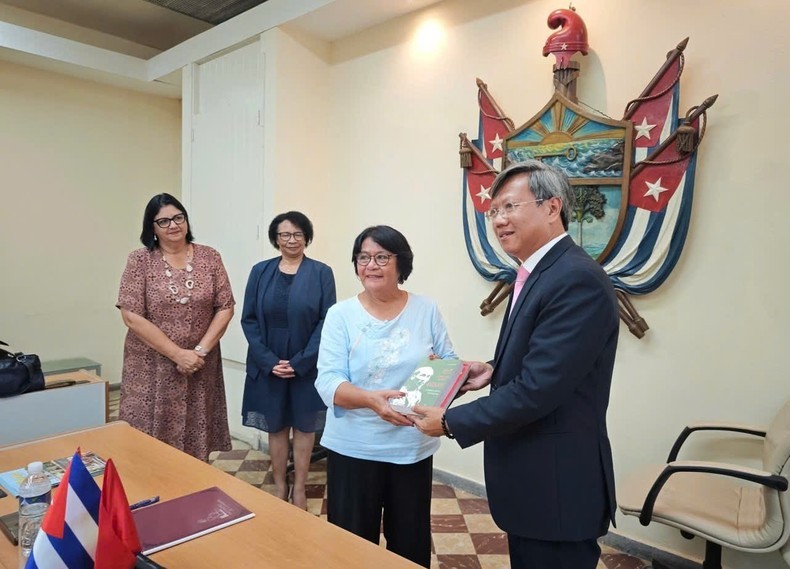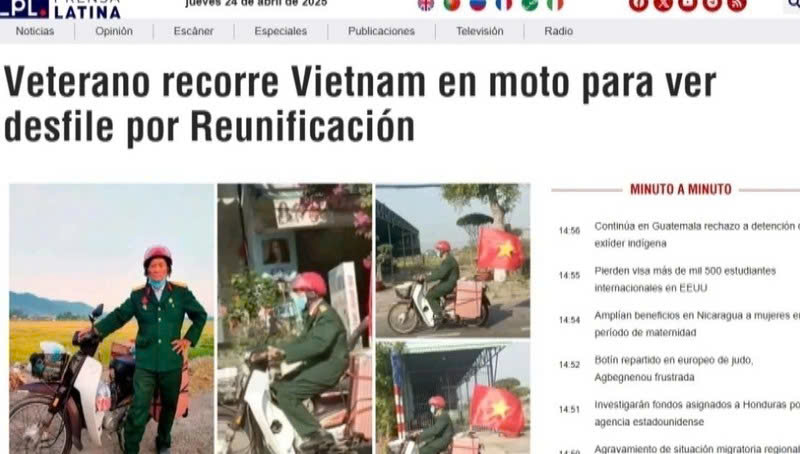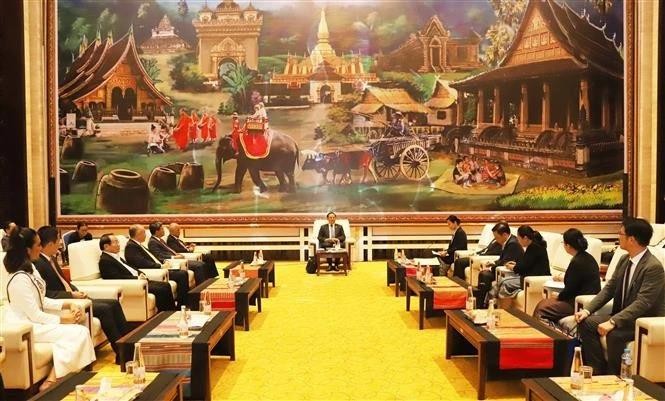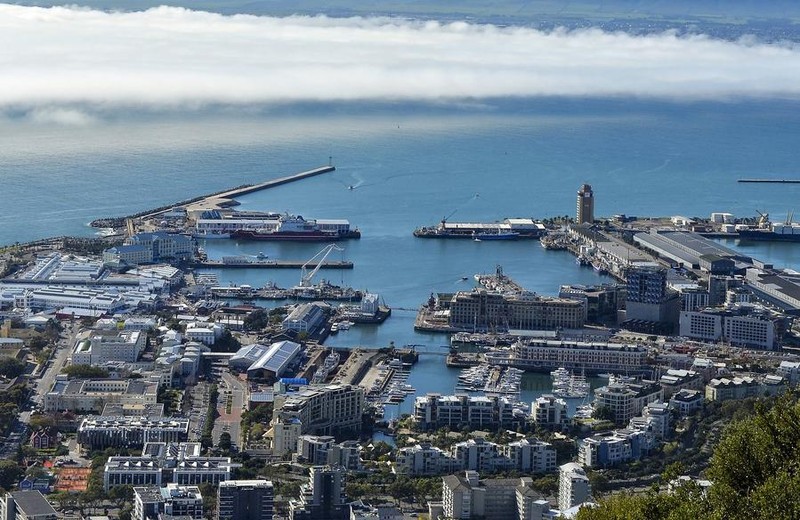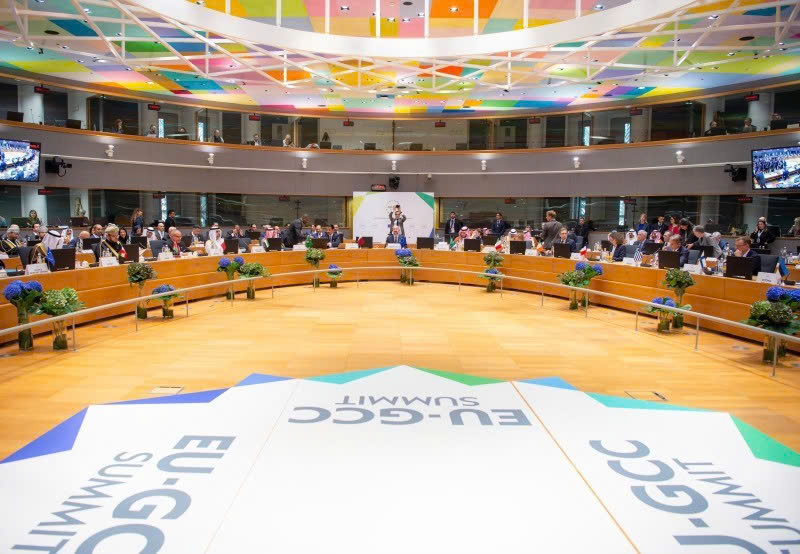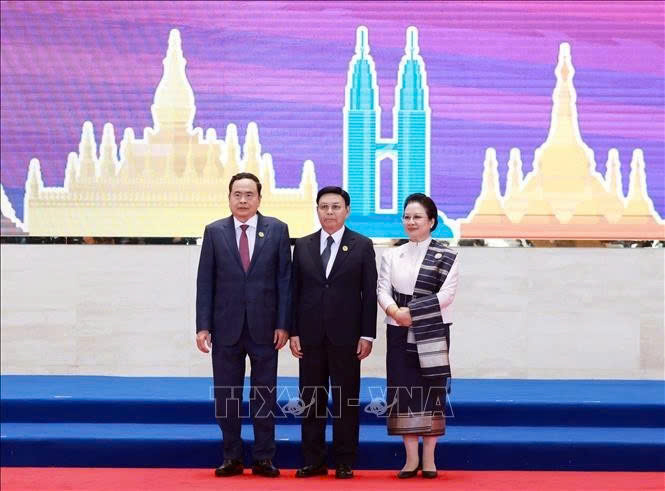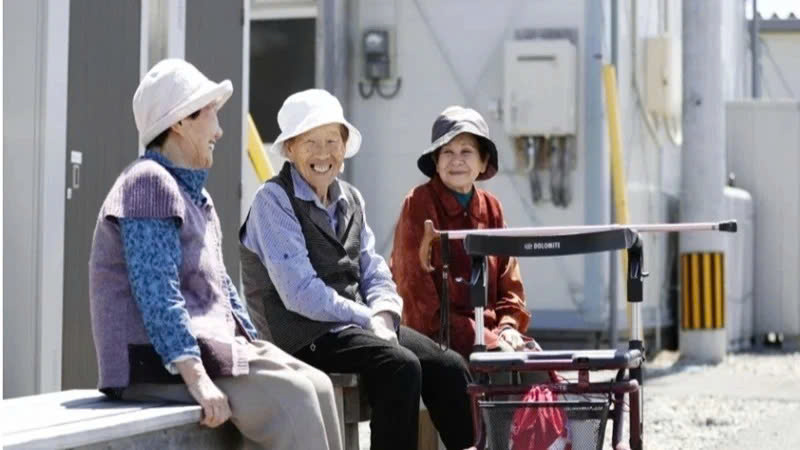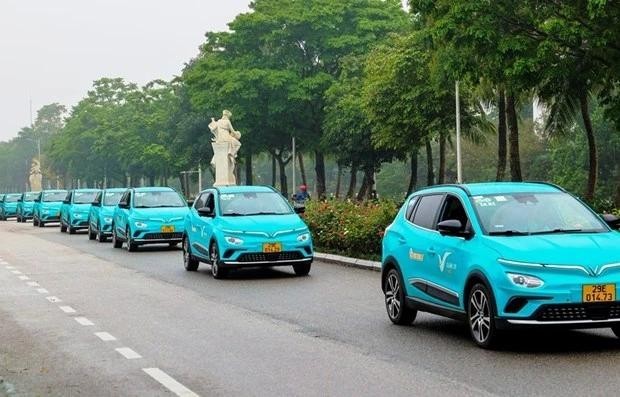Addressing a press conference after the event, Indonesian Coordinating Minister for Economic Affairs Airlangga Hartarto said it is a historic milestone and an important step in cooperation between ASEAN member states to exploit the great potential of the digital economy.
It also marks a secure and connected ASEAN digital economic platform, ready to lead the digital community and promote growing economic power, he said.
Airlangga stressed that if implemented in 2025, DEFA will increase ASEAN's digital economic potential to 2 trillion USD by 2030 from the typical level of 1 trillion USD.
By offering a comprehensive roadmap, DEFA seeks to empower businesses and stakeholders in the region by promoting trade growth, increasing interoperability, creating a safe online environment, and boosting the participation of micro, small- and medium-sized enterprises (MSMES), he said.
Secretary-General of ASEAN Kao Kim Hourn, in his remarks, praised Indonesia's leading role in its ASEAN Chairmanship in 2023, especially in the economic pillar with many results, including actions to turn ASEAN into a reliable investment area.
Previously, at the meeting, ASEAN economic ministers discussed the current dynamic economic situation in the region and the globe, and key issues such as geopolitics, supply chain disruption, green transition, digital innovation, and inclusive growth.
Strategic issues of the region were also put on table, including priority economic deliverables (PEDs), the building progress of ASEAN Community Vision 2045, sustainable development, regional e-vehicle ecosystem, and the admission of Timor-Leste as an official member of the bloc.
Source: VNA

